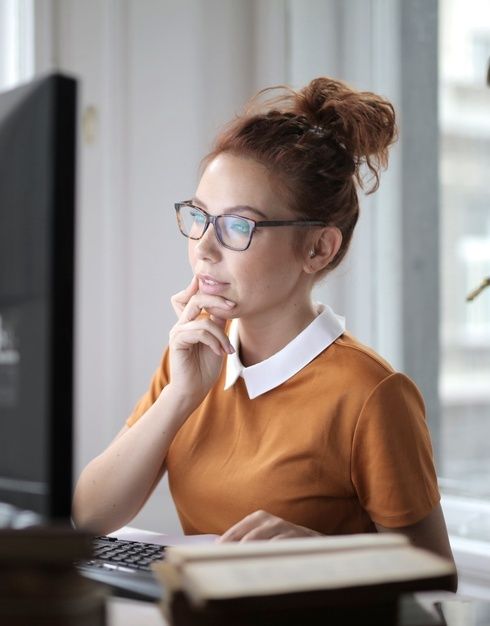Introduction
We are constantly bombarded with digital devices, from our smartphones and laptops to our televisions. While these devices offer convenience and entertainment, they also emit blue light, a high-energy visible light that can potentially harm our eyes.

Blue light blocking glasses have surged in popularity as a means to combat the potential adverse effects of prolonged digital screen exposure. But how exactly do these glasses work, and do they truly offer adequate protection for our eyes? This article delves into the science behind blue light blocking glasses and explores their potential benefits.
Understanding Blue Light and Its Effects
Blue light is a natural part of the light spectrum emitted by the sun. However, digital screens also emit significant amounts of blue light, and our close proximity to these devices has raised concerns about potential long-term effects on eye health.
Overexposure to blue light can lead to digital eye strain, characterized by symptoms like headaches, dry eyes, blurred vision, and difficulty focusing. Additionally, research suggests that prolonged blue light exposure, especially in the evening, can interfere with our sleep-wake cycle by suppressing melatonin production, a hormone crucial for regulating sleep patterns.
How Blue Light Blocking Glasses Work
Blue light blocking glasses feature specialized lenses designed to filter out specific wavelengths of blue light emitted from digital screens. These lenses typically contain chromophores, molecules that absorb and filter out particular light wavelengths. By selectively filtering out harmful blue light, these glasses aim to reduce eye strain and improve sleep quality.
The Potential Benefits of Blue Light Blocking Glasses
While more research is needed to determine the long-term benefits of blue light blocking glasses conclusively, preliminary studies suggest several potential advantages:
- Reduced Eye Strain: By filtering out blue light, these glasses can alleviate symptoms of digital eye strain, such as headaches, dry eyes, and blurred vision.
- Improved Sleep Quality: Wearing blue light blocking glasses in the evening may help regulate melatonin production, promoting better sleep patterns.
- Potential Protection Against Eye Diseases: Some studies suggest that blue light blocking glasses may offer a degree of protection against age-related macular degeneration, a leading cause of vision loss.
Conclusion
Blue light blocking glasses offer a potential solution to mitigate the adverse effects of prolonged digital device use. By filtering out harmful blue light, these glasses may help reduce eye strain, improve sleep quality, and potentially offer long-term protection against eye diseases. While further research is necessary to fully understand their benefits, blue light blocking glasses present a promising avenue for safeguarding our eye health in our increasingly digital world.

.jpg)